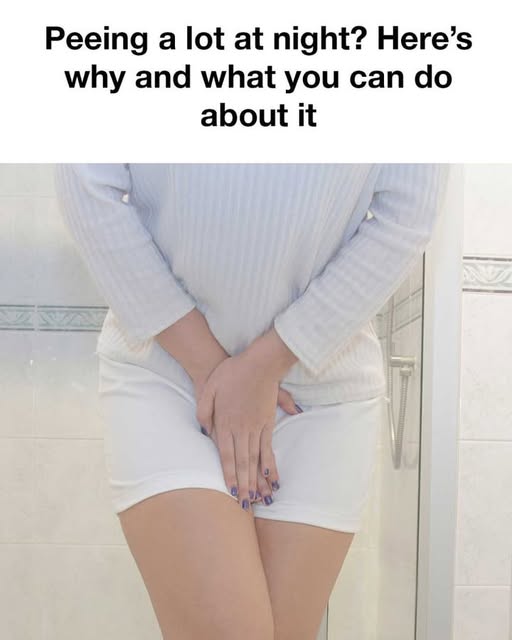
Nocturia means waking up at night to urinate. It’s common across ages, but more so as we get older. Occasional night – time peeing is normal, but frequent trips can mess up sleep and quality of life. Figuring out the causes and finding solutions is key to dealing with it.
Understanding Why You Pee Often at Night
Frequent night – time urination can be due to many things, from how you live to hidden health problems. Pinpointing the root cause is crucial for good management. Here are 8 common reasons for nocturia.
Aging and Bladder Function
As we age, our bodies change, including bladder function. The bladder holds less urine, and the hormone that helps concentrate urine drops. This can lead to more frequent urination, especially at night.
Diet and Fluid Intake
What you eat and drink affects your night – time peeing. Drinking lots of fluids, especially caffeinated or alcoholic ones, before bed boosts urine production. Also, some foods like spicy or acidic ones can irritate the bladder and cause nocturia.
Medical Conditions Causing Nocturia
Some medical problems can lead to frequent night – time urination. These include diabetes, heart failure, and urinary tract infections. Each affects the body’s fluid balance or bladder function differently, needing specific treatments.
Medications and Their Side Effects
Certain meds, like diuretics, make you pee more and can cause nocturia as a side effect. Others might indirectly cause it by affecting sleep or making you thirsty.
Lifestyle and Habits
Lifestyle choices like smoking or not being active can also play a part. Smoking irritates the bladder, and a sedentary lifestyle can cause fluid retention, both leading to more night – time peeing.
Hormonal Changes and Their Impact
Hormonal changes, especially in menopausal women, can affect bladder function and cause nocturia. Lower estrogen levels weaken pelvic floor muscles, making it harder to control urination.
Sleep Disorders and Nocturia
Sleep problems like sleep apnea can contribute to nocturia. The frequent awakenings make you more aware of the need to pee, even if your bladder isn’t full.